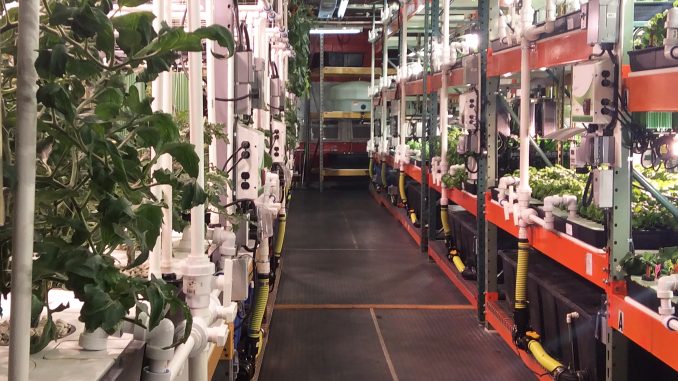
While establishing programs in Nigeria, the College of Engineering will also focus on improving STEM programs in North Philadelphia.
In February, the College of Engineering will announce STEM partnerships with three high schools near Main Campus.
Students at Walter B. Saul High School, Abraham Lincoln High School and George Washington Carver High School of Engineering and Science will work in aquaponics labs, which agricultural systems that raise fish and grow plants together, at Ambler Campus with experts in the aquaponics field.
Students will help set up aquaponics labs in order to build units at their own schools.
The teens will be given a lesson by an expert in the aquaponics lab, and then will co-construct an aquaponics unit in order to maintain and preserve the agricultural system. Students will learn hands-on agricultural skills.
The College of Engineering will announce when it will begin the collaborative STEM program during National Engineers Week on Feb. 18.
The Provost’s Office and the College of Engineering will spend $600,000 over a three-year period to fund the program when it begins, and the Pennsylvania Educational Improvement Tax Credit Program invested an additional $200,000 for the partnership.
Director of STEM Education, Outreach and Research Jamie Bracey said the project is an early STEM workforce and talent project designed to help underprivileged students. In this program, students will learn about the STEM field and connect with Temple’s resources.
“[North Philadelphia] is our home,” Bracey said. “This is where Temple is anchored, and it’s our responsibility.”
The College of Engineering is also looking for ways students can dual enroll at Temple and take entry-level engineering courses for college credit.
The college is also developing aquaponic systems in its partnership with five universities in Nigeria to help communities grow crops indoors.
Dean of the College of Engineering Keya Sadeghipour said it is important for local high school students to learn that engineering does not always negatively impact agriculture with industrialization and pollution. Engineering can help preserve the environment, too, he said.
“The fact is that we are contributing to not only one’s well being, but also to the community,” Sadeghipour said.
Paula Miller, who teaches environmental science at Abraham Lincoln High School in Mayfair, said she feels lucky to be a part of the partnership.
“This has been a great opportunity for not only myself, because I get to work with teachers [from Temple], but I also get to see the children in a different light, outside of the classroom,” Miller said.
Bert Johnson, an environmental science teacher and science chair at Walter B. Saul High School, said that an administrator from the school district contacted Bracey about what he does with aquaponics within his school in an effort to teach STEM students hands-on agricultural skills.
Johnson’s STEM work in his classes led Bracey to create this STEM program with local schools.
Johnson said he is excited for this STEM collaboration to finally be available for his students.
“The important part of teaching is not just content, but application,” Johnson added. “The program is more of a project-based approach than it is conventional, so it puts content to light.”



Be the first to comment